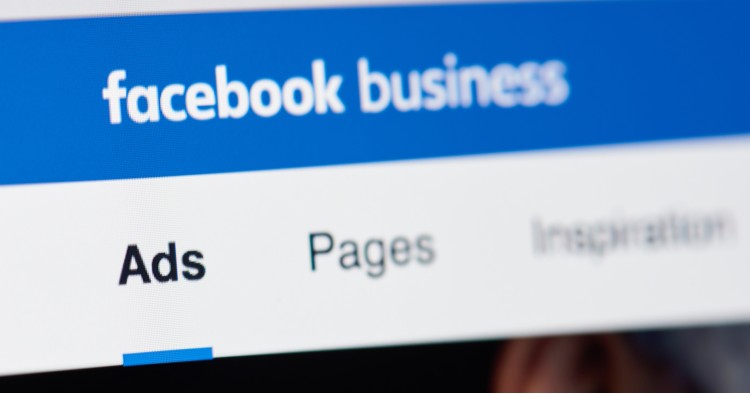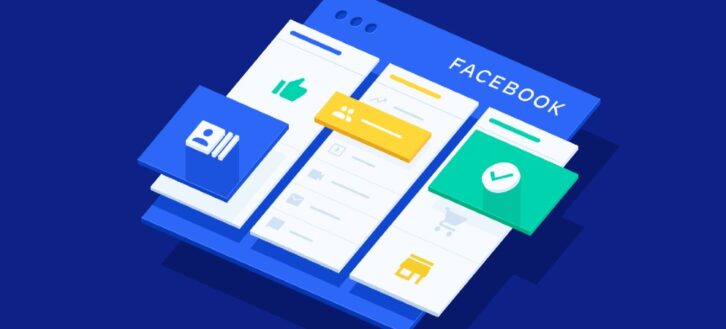What started as an idea in a Harvard University dorm room has now turned into a global phenomenon. Facebook went from connecting students at one university to connecting people all over the world. When you think about it, the journey that Facebook has been on since its inception is a wild one.
With the astronomical growth of the platform came many other changes. Facebook quickly became more than just a place for networking, it became a place to advertise. Having a social media advertising budget is one of the smartest things a company can do nowadays. But if you’re utilizing Facebook ads, you have to make sure to optimize them to make your campaigns effective. Here are five tips for optimizing your Facebook ads to see optimal results.
1. Set Clear Campaign Objectives
Before looking into the technical side of Facebook ads, you have to talk about something a little more simple: campaign goals. One common, often overlooked, issue involves clearly defining your goals from the get-go. If you don’t do this, your campaign will be less effective. So, get clear on your goals and select the option that makes the most sense when setting up a campaign.

Some common goals you can choose from within Facebook’s advertising platform include “Get More Website Visitors” or “Get More Leads.” Facebook Automated Ads can help you set goals and stay within budget. To run strong ads that ultimately result in a profitable campaign, automation will be key. Luckily, the automated rules available in Facebook make it easy for you to achieve great results by removing the need for day-to-day ad management.
2. Install the Facebook Pixel On Your Website
If users are already visiting your website, why not hit them from multiple angles? Users who visit your website should log onto Facebook and see your brand again. Seeing your brand in their news feed will create top-of-mind awareness. Fortunately for advertisers, this is very easy to accomplish using the Facebook pixel.
Installing the Facebook pixel on your website is quite simple. It’s basically a small snippet of code that you add into the backend of your website. It’s able to uncover useful insights about your website visitors, such as how they’re interacting with the site. More importantly, it gives Facebook information about your target audience, thus making your ads more effective.
3. Utilize Unique Creative Assets and Content
If potential customers are constantly being hit with the same ad, it’s unlikely that they’ll ever become an actual customer. They’ll get tired of seeing your content, which might result in negative brand association. Or, they might block any ads from your company entirely. This is the last thing you want when you’re trying to drive more conversions.
To avoid ad fatigue, keep your ads creative and hit users with new content frequently. Switch up the creative imagery, use videos, and work on witty captions. Whatever it takes to keep your audience engaged, make sure you keep them on their toes.
Also, don’t stress yourself out by always trying to create new content. Repurposing existing content can be just as effective. For example, recycle content from your blog into a social media post. You’ll get maximal use out of it that way.

4. Research What Your Competitors Are Doing
Facebook has some pretty great advertising capabilities. But you know what else is really nice? How transparent they are. It’s pretty easy for anyone to see what their competition is doing on Facebook, and you can use this to your advantage. Simply navigate to the Facebook Ad Library and search for ads by keyword or company name.
Once you’ve played around in the Ad Library a bit, search for your biggest competitor. Take note of which ads they’ve been running the longest because there’s probably a reason they keep them running. These ads likely have a history of performing well. Study them to gain an understanding of what your competition is doing right. Then, to a certain degree, mimic it.
5. A/B Test Your Ads to Optimize Performance
Even if everything is done right, you still never know how a campaign will perform. It never hurts to try different things when it comes to Facebook ads. After all, sometimes a little trial and error is required to see the results you want. This is where A/B testing comes into play. This will involve changing small aspects about your Facebook ads to see how those factors change audience perception.
When you make slight tweaks to the same ad and come up with different variations, you can begin testing. You can make small changes, like using a different image or font. If one ad outperforms the rest, you now have a clear answer as to why. Not only will you be able to optimize that particular ad, but you can adjust ads for future campaigns as well.
Perhaps A/B testing helps you discover that using images with text on them results in better performance. You may need to take this into consideration and use graphics instead of stock photos for future campaigns. It might take more work, but the effort will be worth it.
Facebook ads are great for maximizing profits and taking campaigns to the next level. However, if your ads aren’t optimized, you’ll end up wasting a ton of effort and seeing very little return. But fear not, with a little bit of work and understanding of the Facebook advertising space, you’ll be a pro. Then, you can sit back and watch the success of your campaign.


